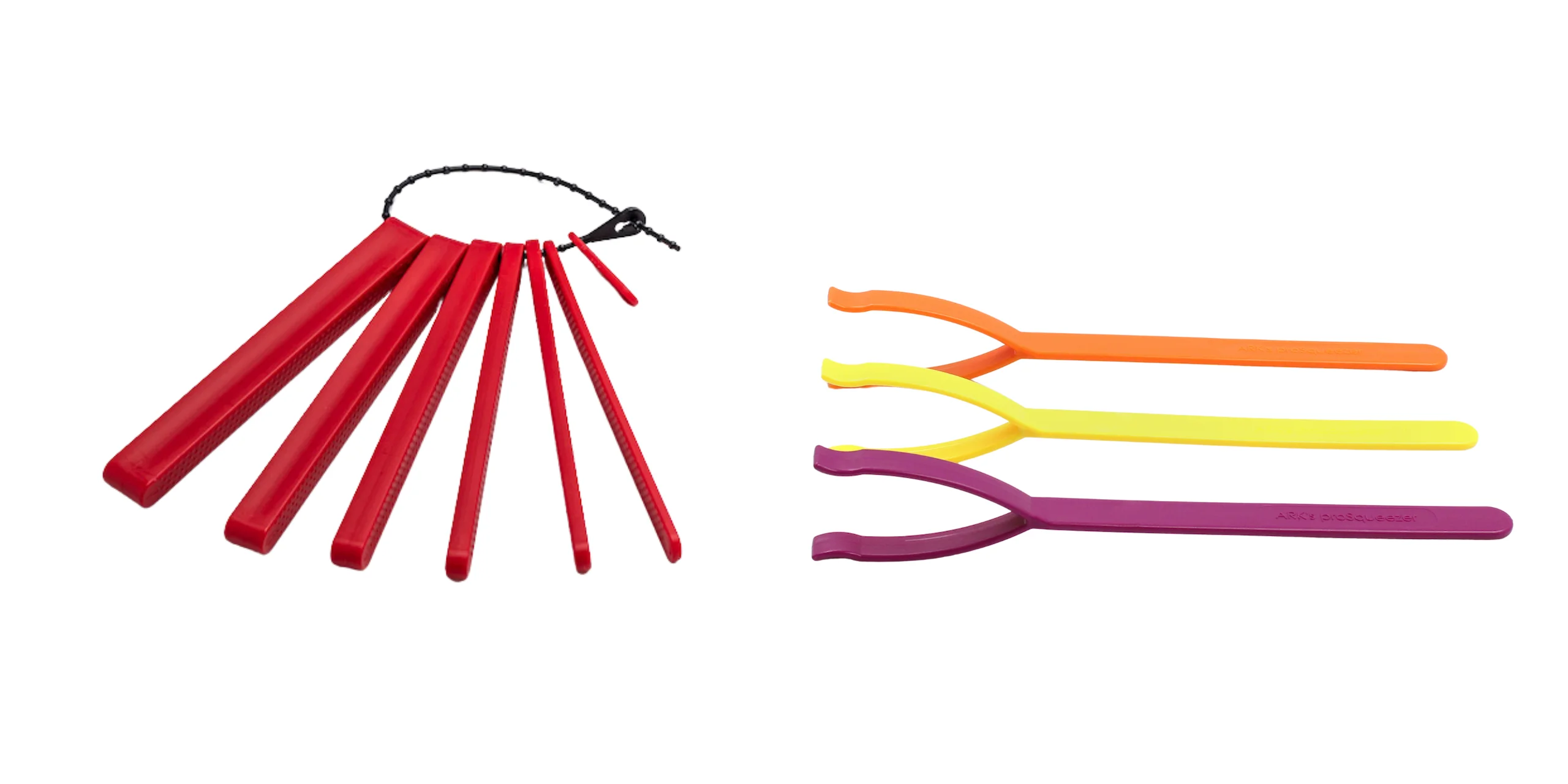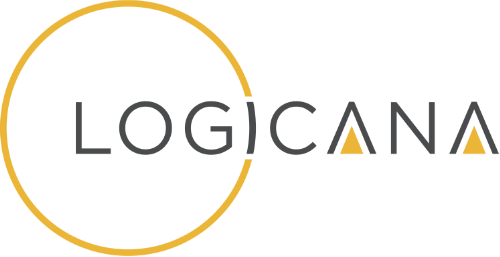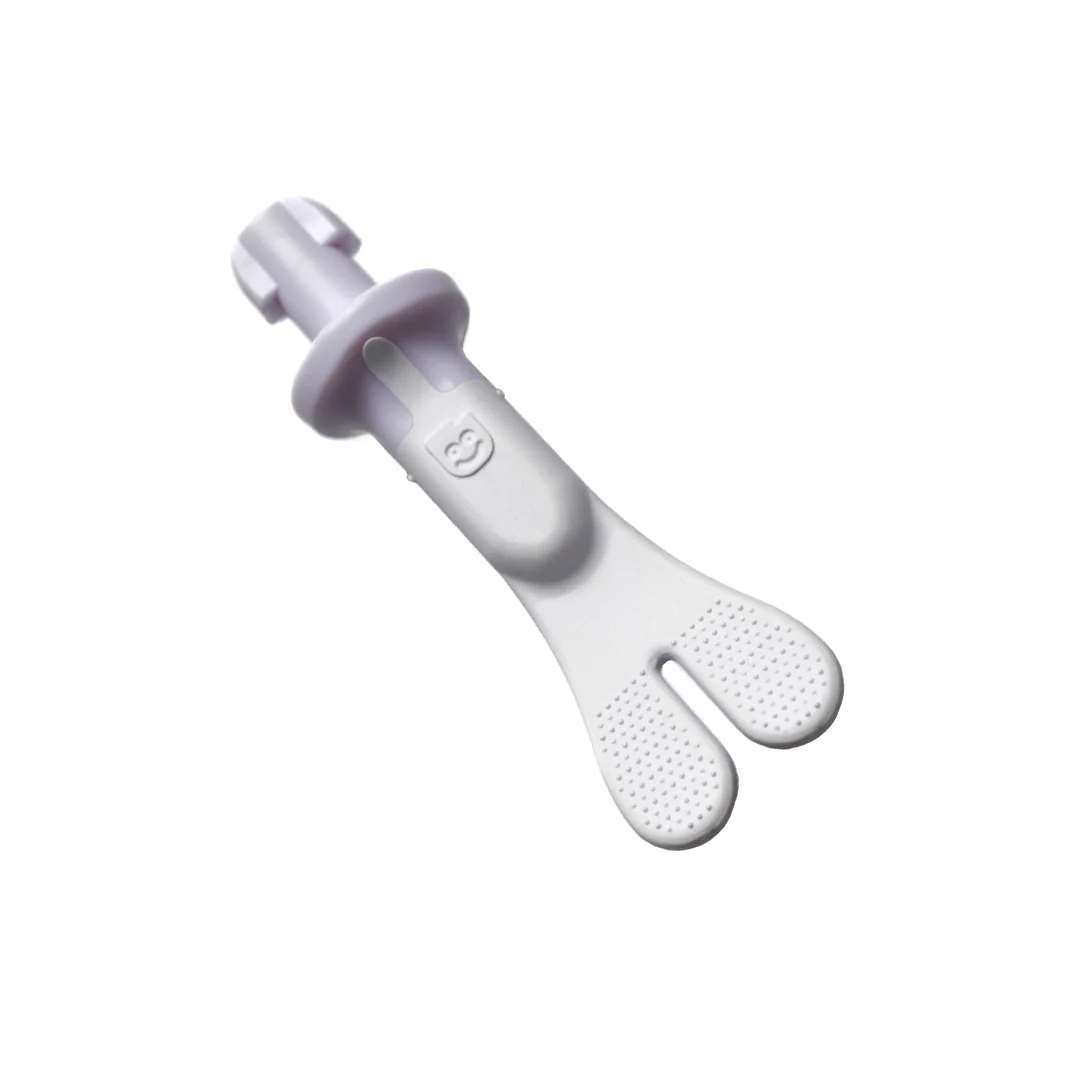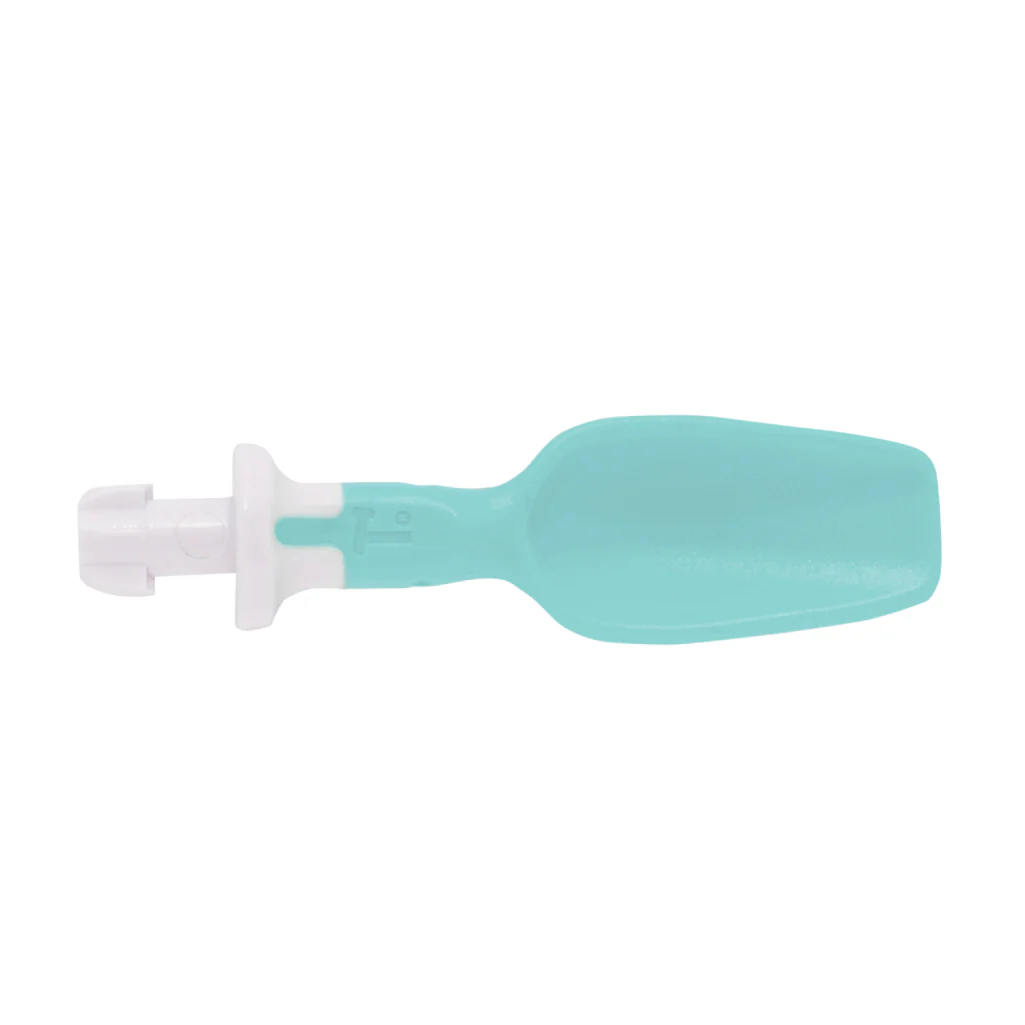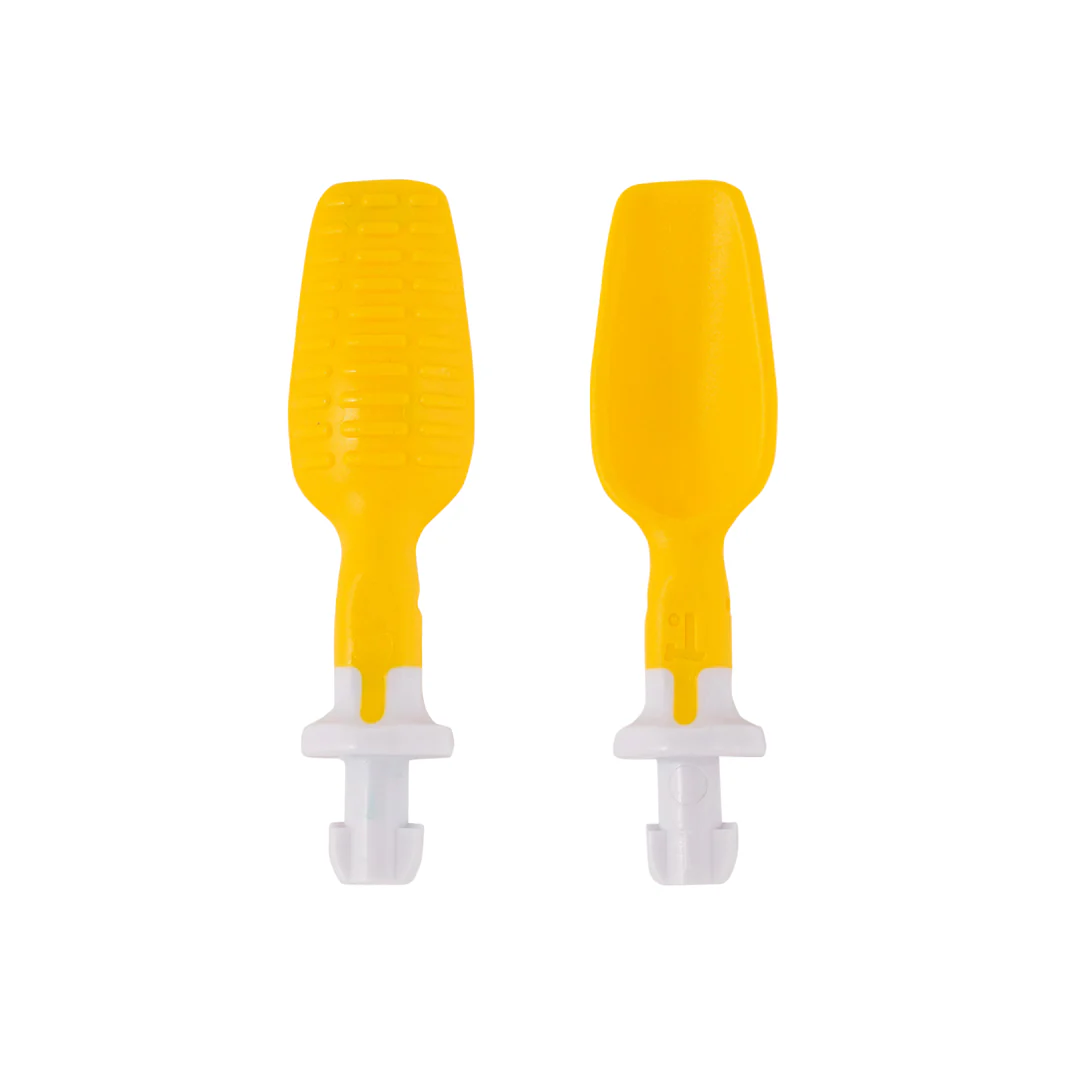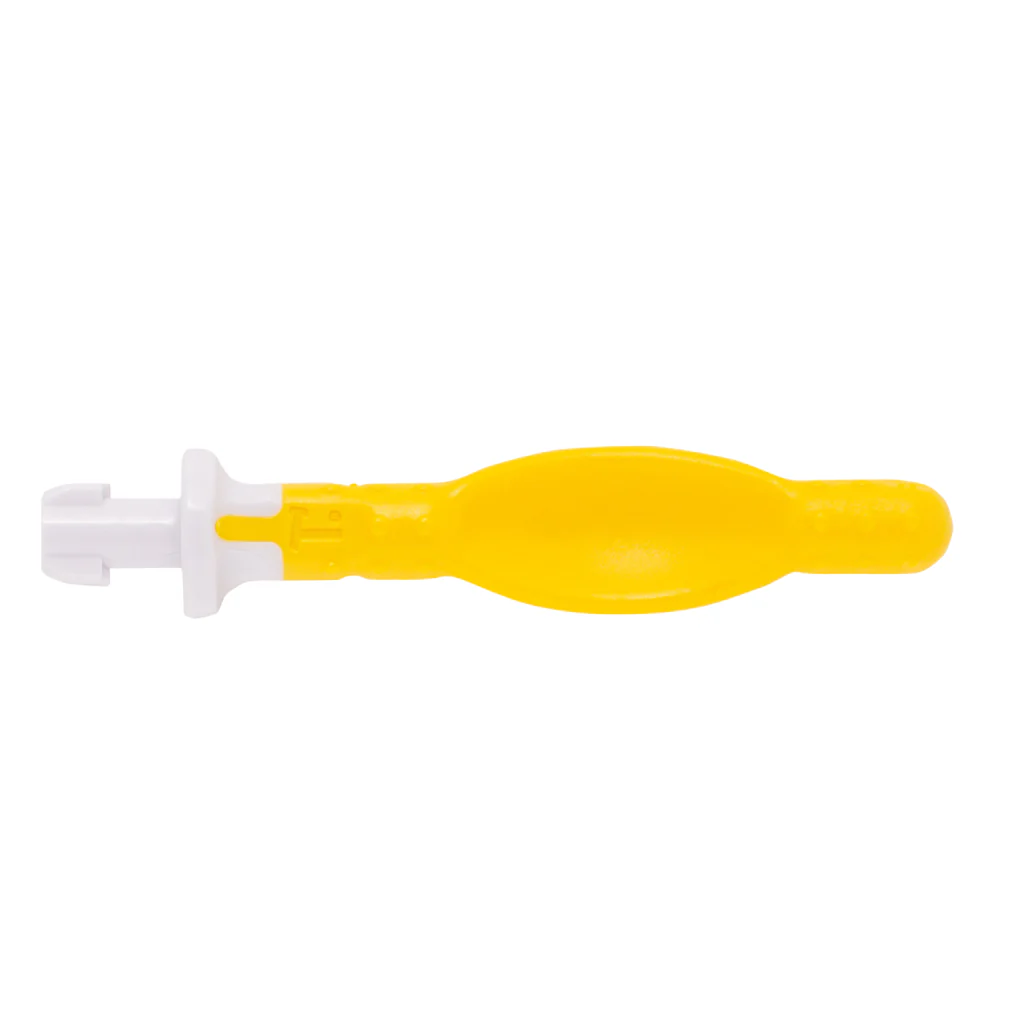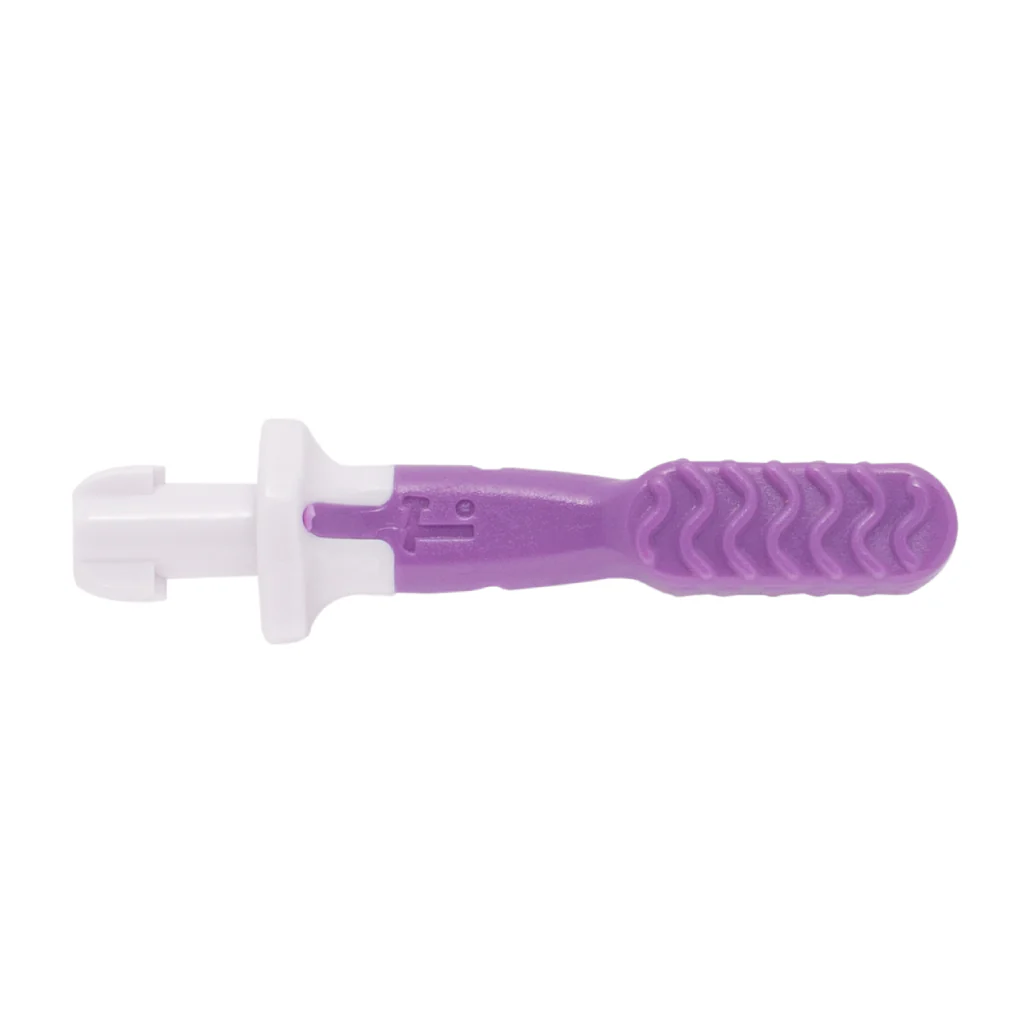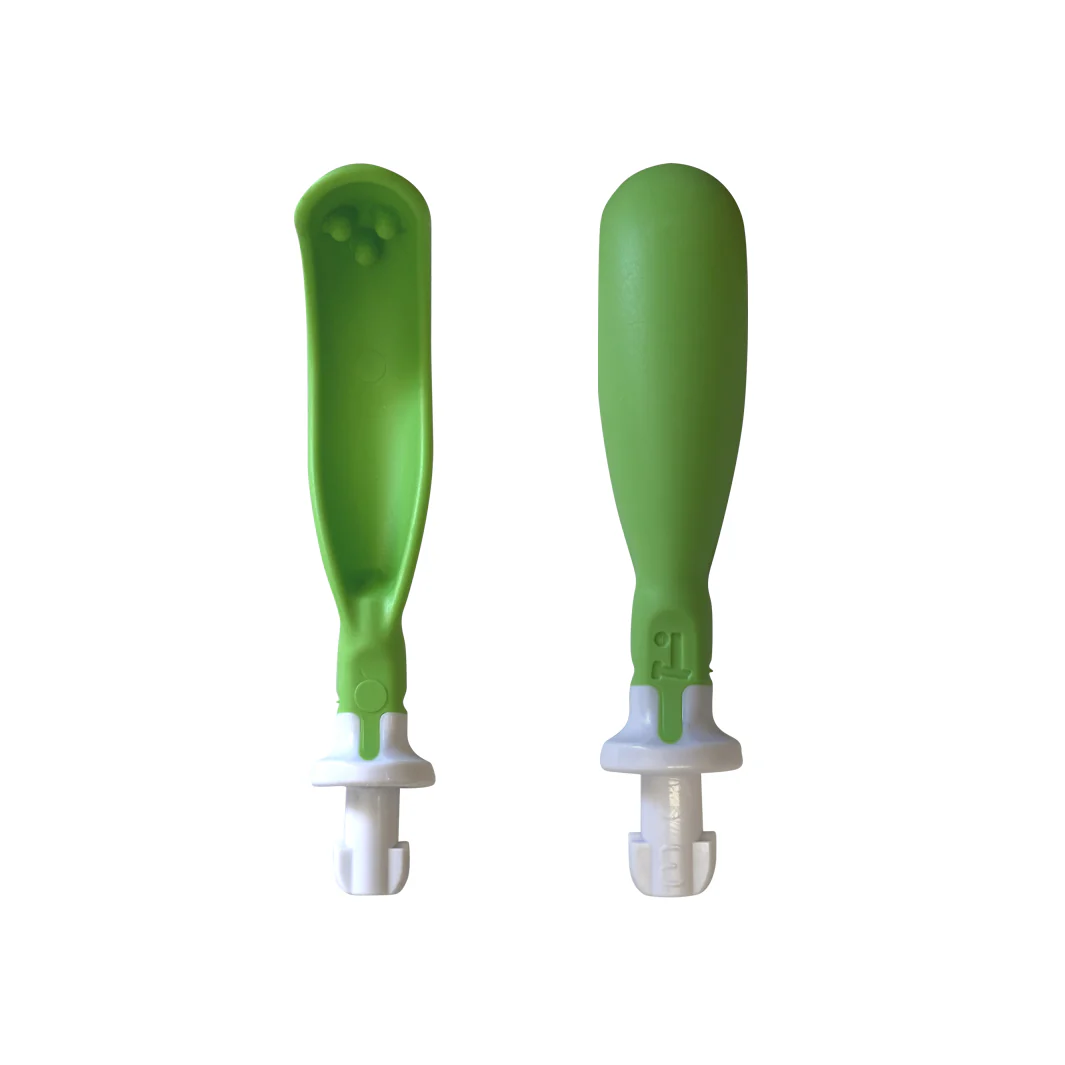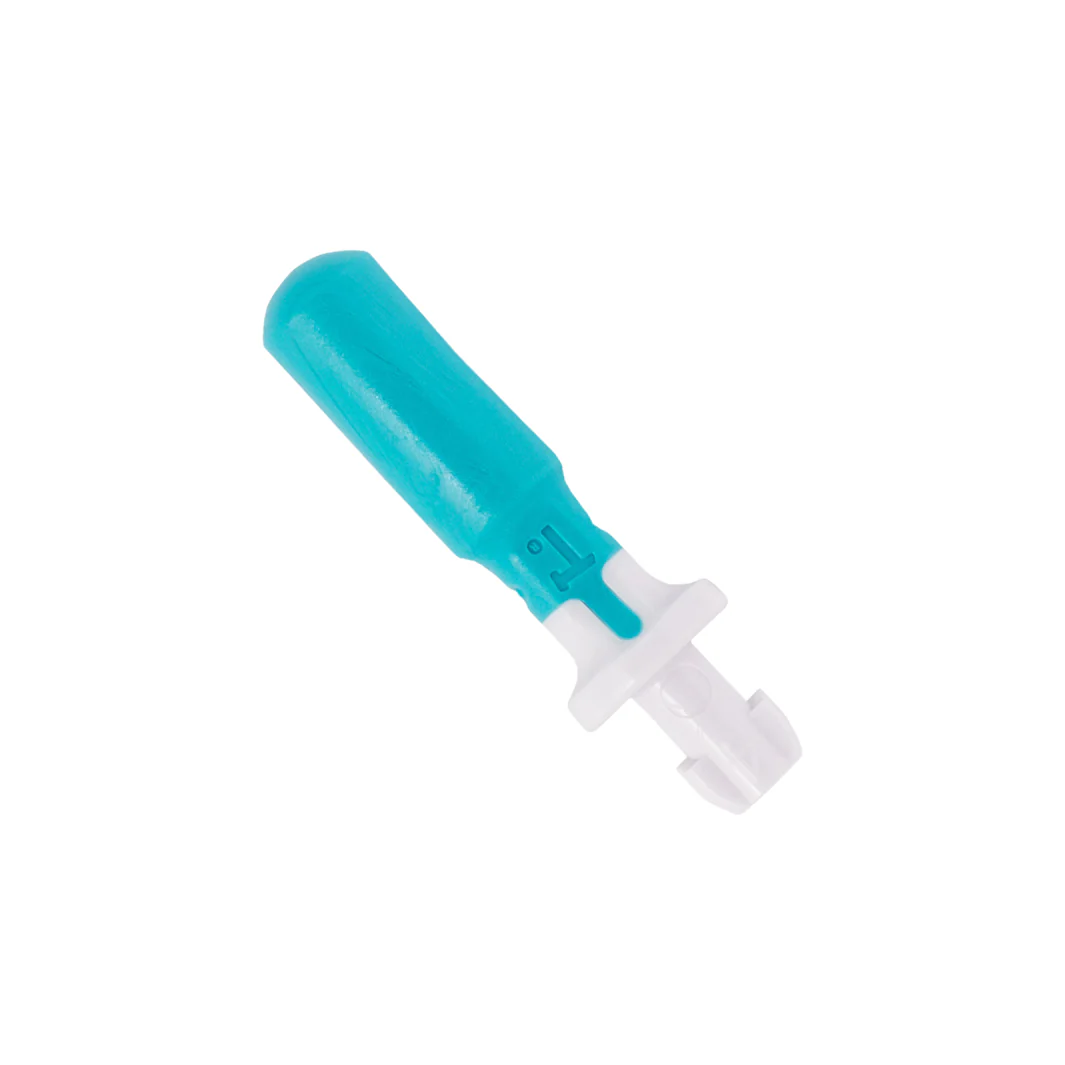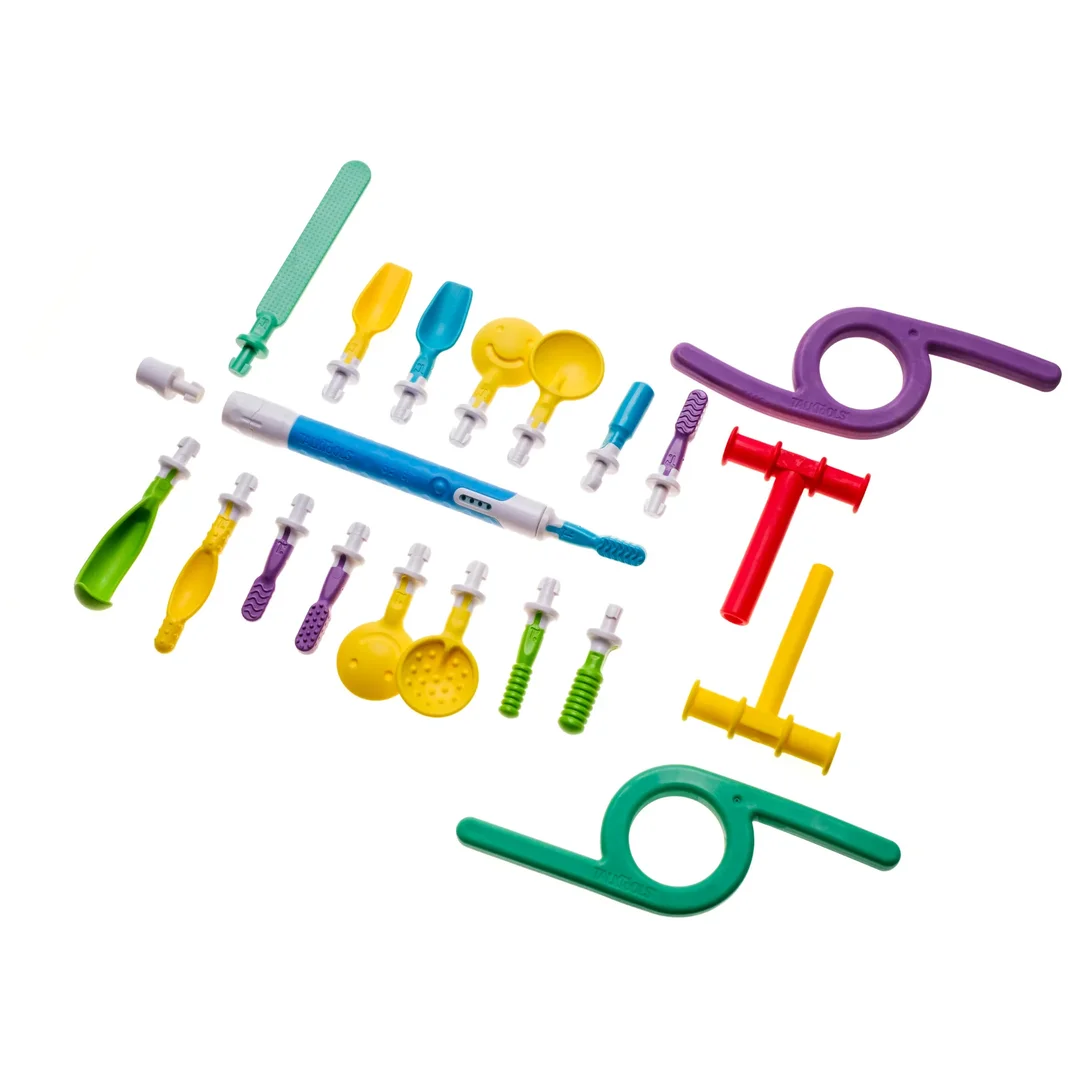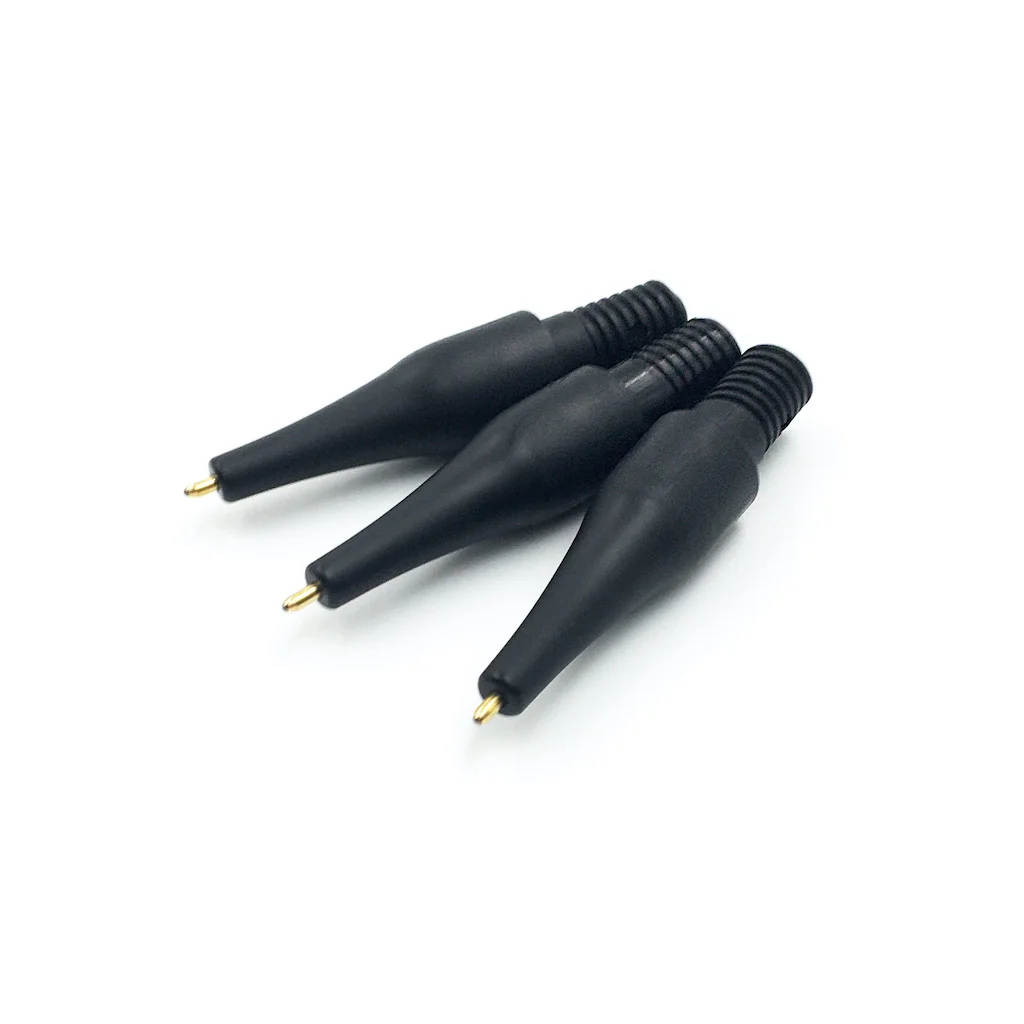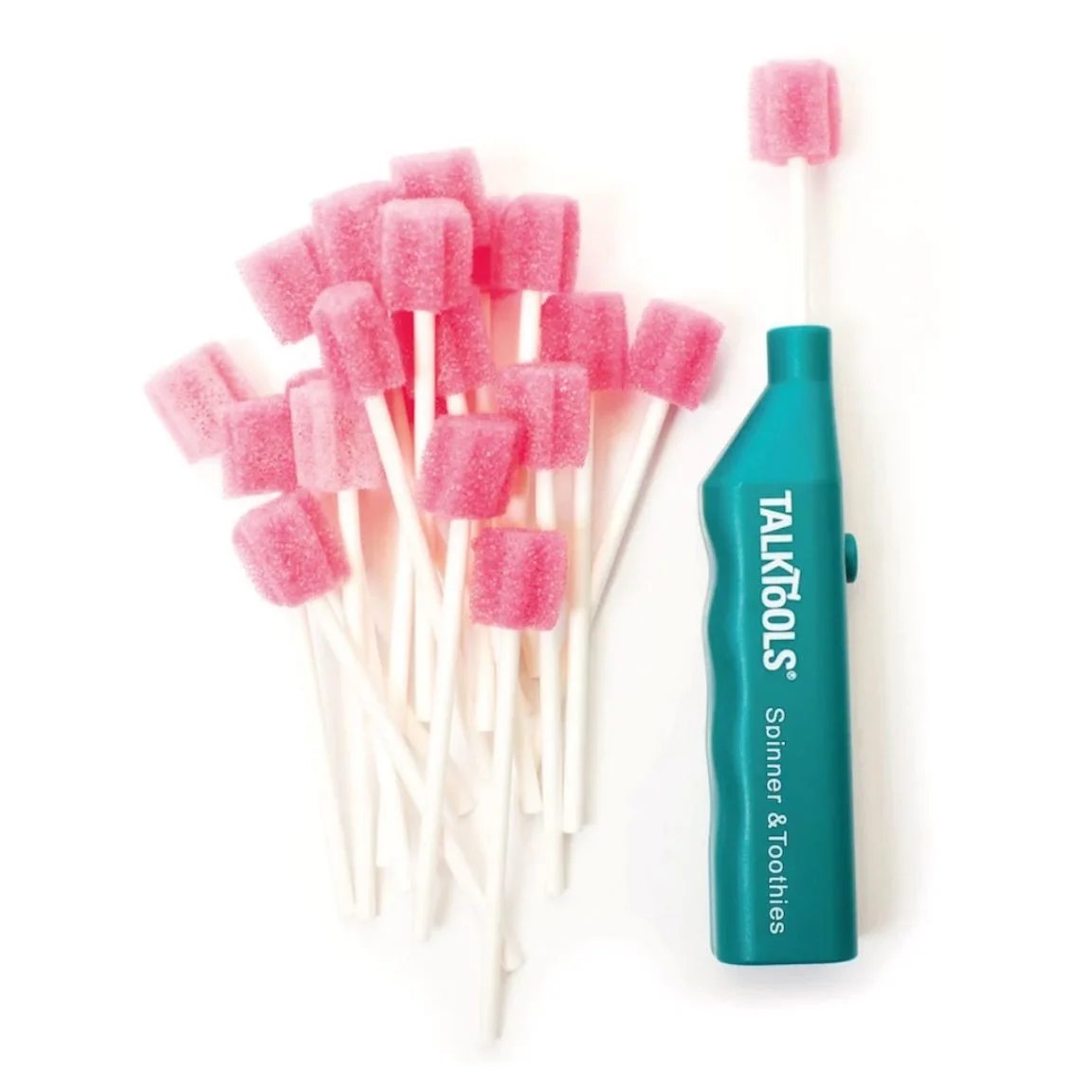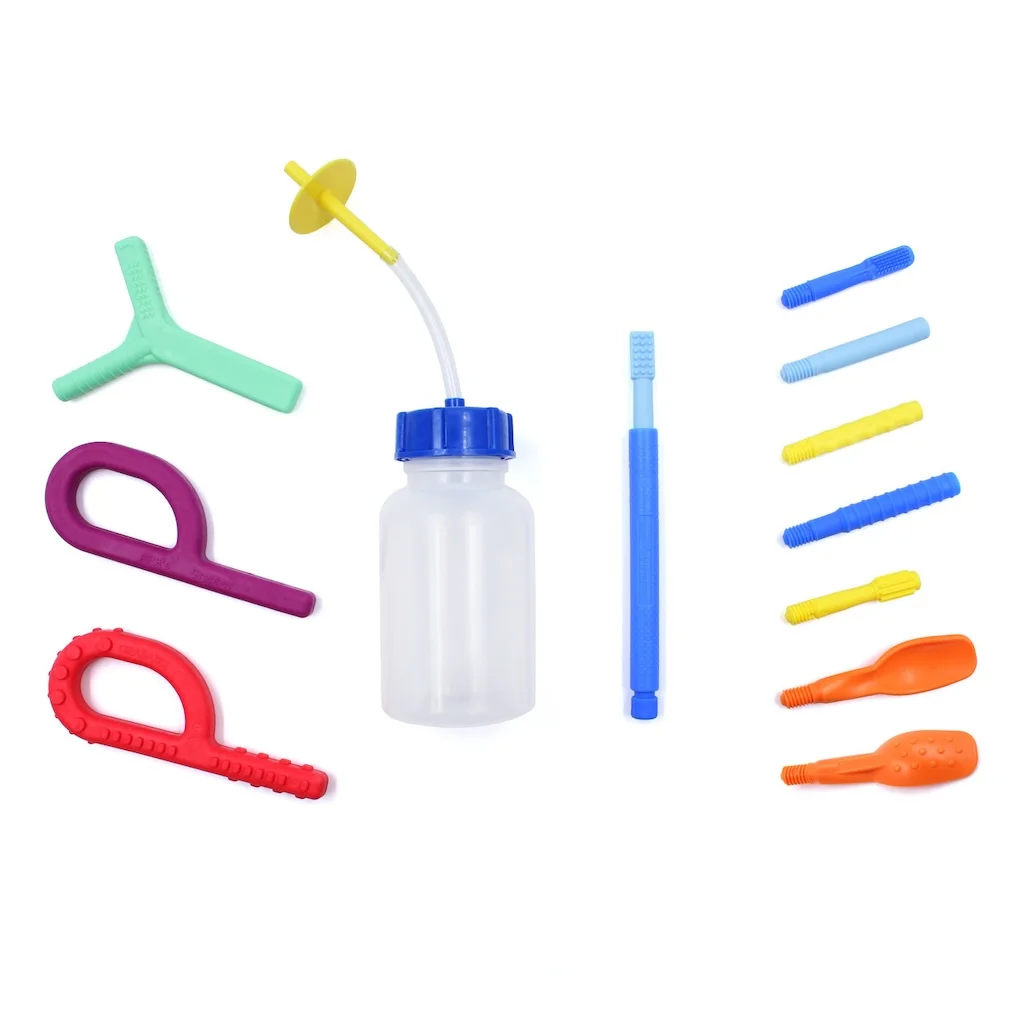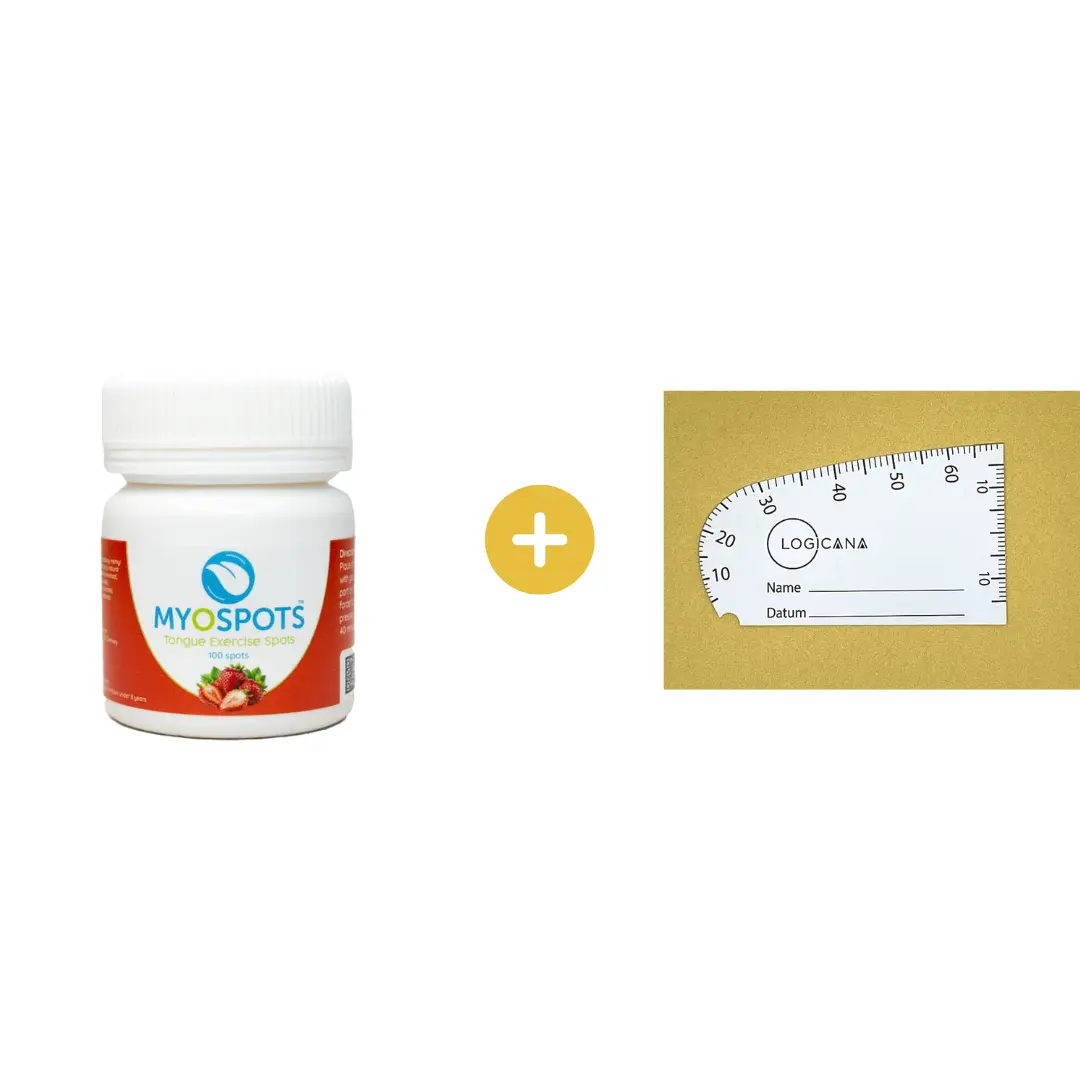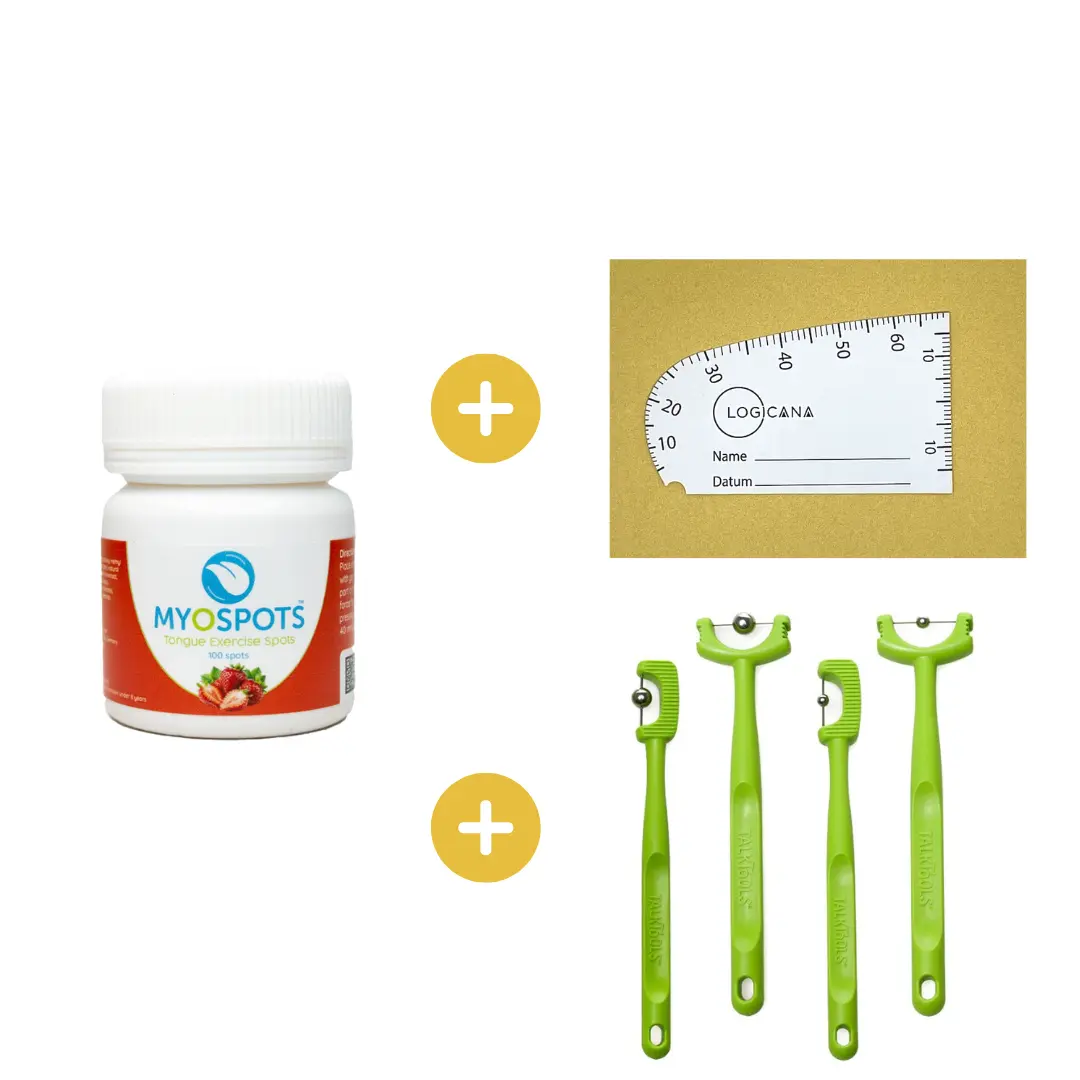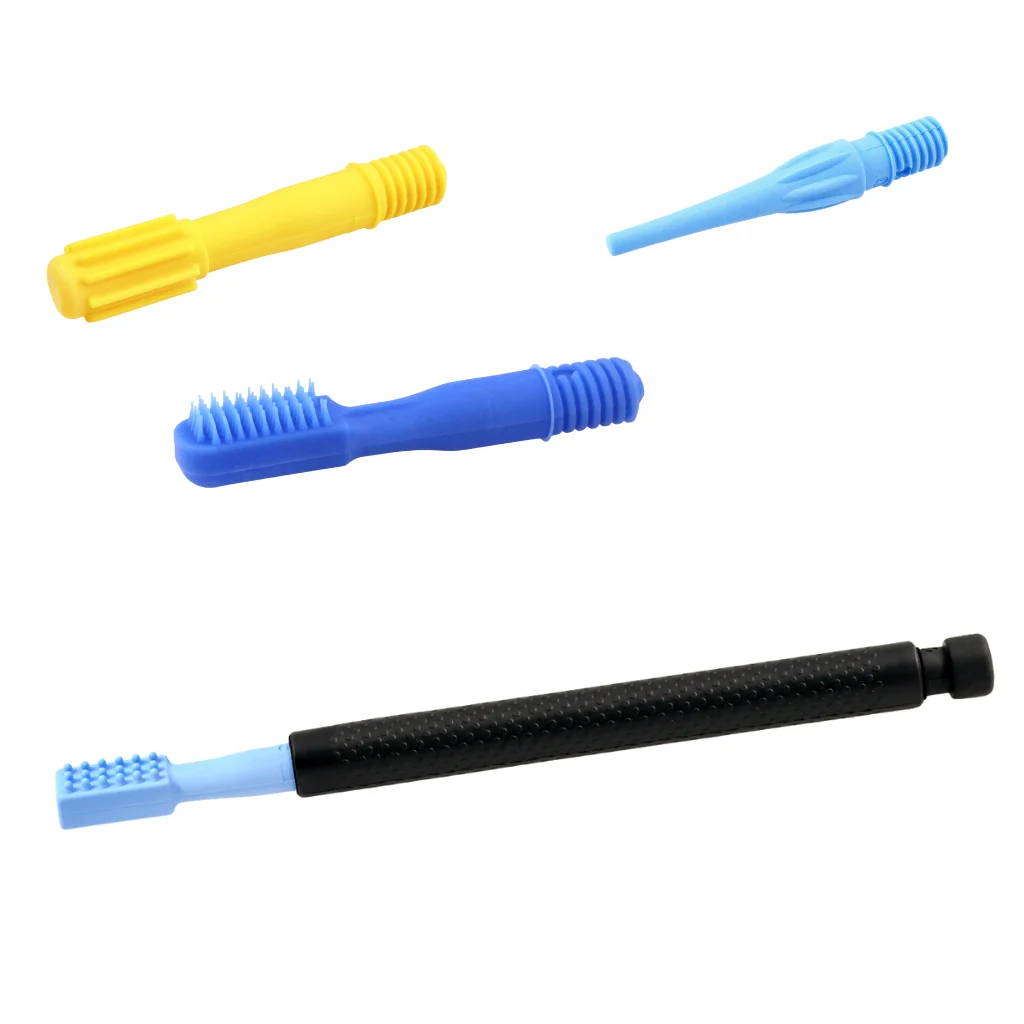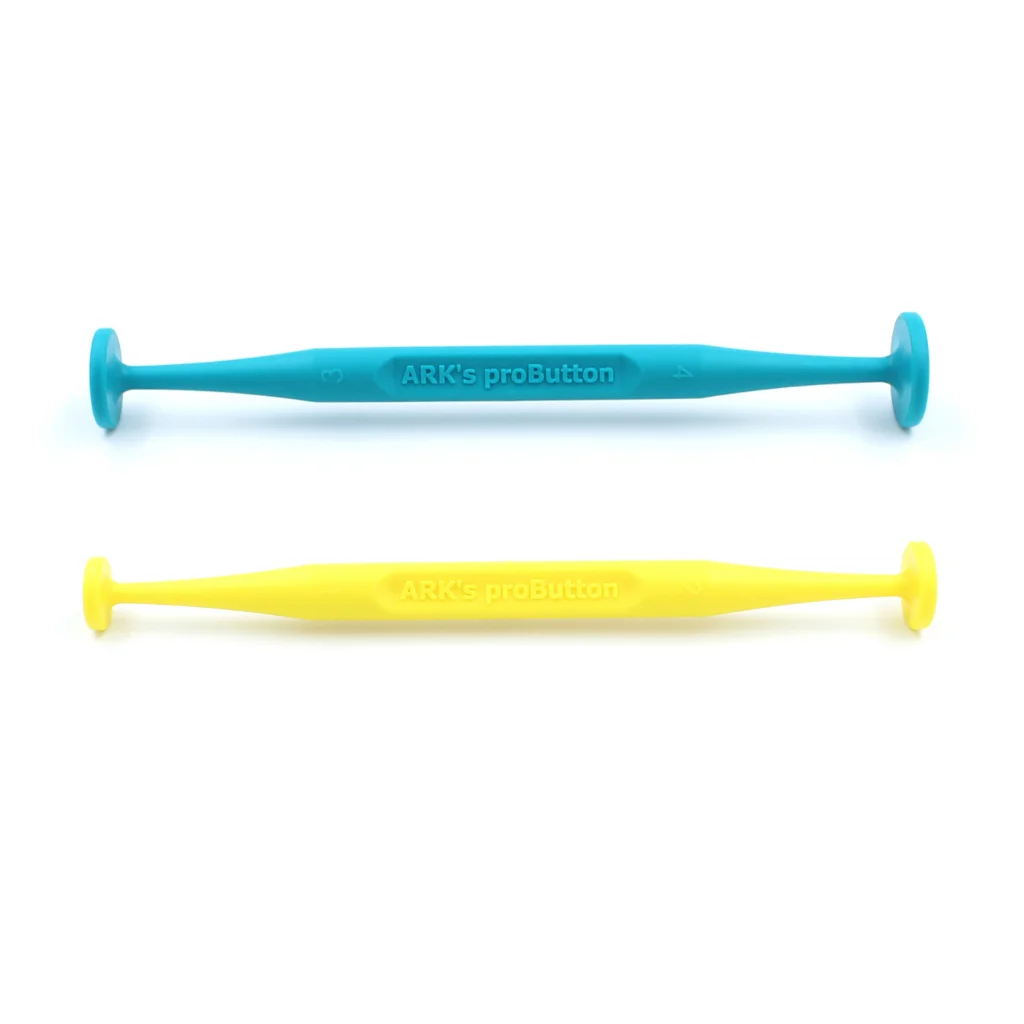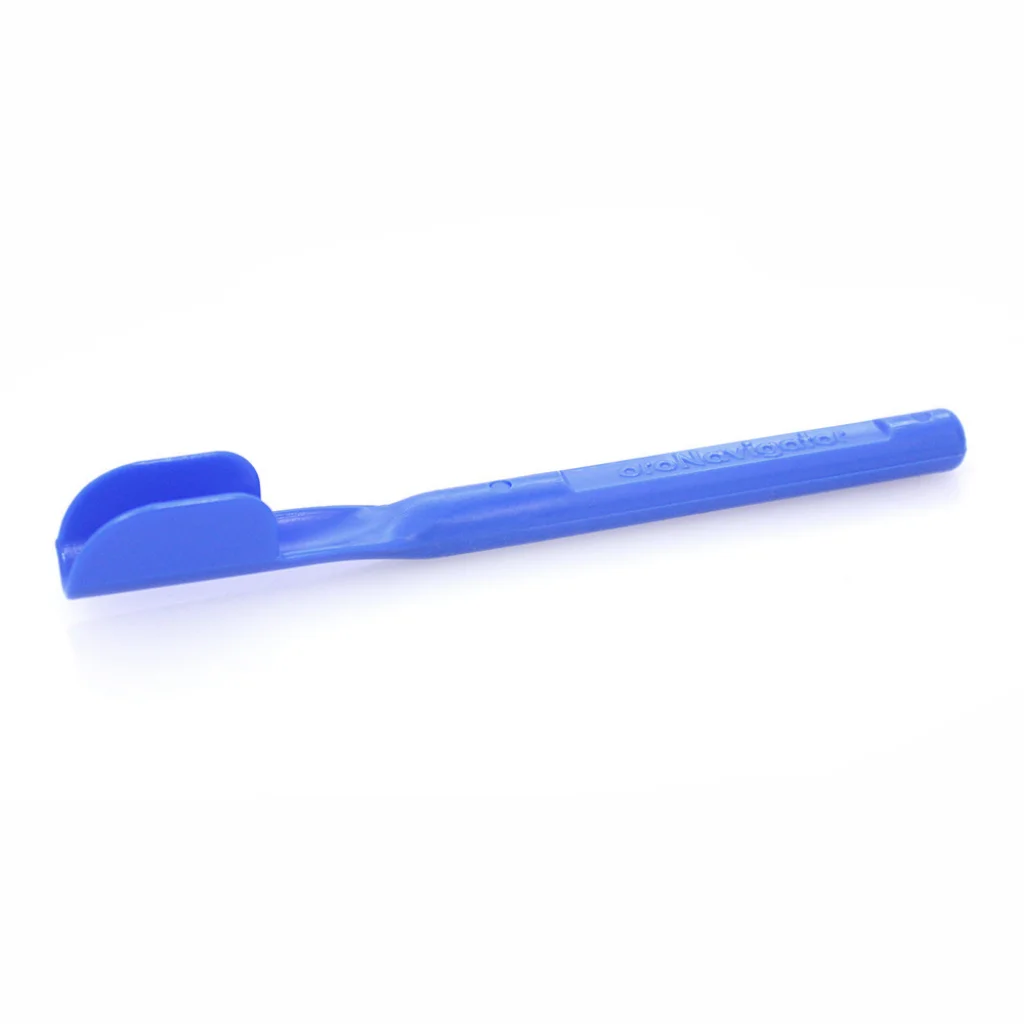Vibration and stimulation
When I finished my training as a speech therapist, I thought that orofacial stimulation was only for dysphagia patients. So I was always very cautious with children or other disorders and often simply omitted facial stimulation.
But now, with a lot of experience and training on the subject of orofacial myofunctional disorders, I can say that stimulation is an essential part of speech therapy.
Why is stimulation important in speech therapy?
Regardless of the disorder, the perception of the structures being treated is absolutely essential. Preparing the musculature for an impending change is important for tone regulation, sensory function, proprioception and stimulation.
Massaging or stimulating the muscles promotes blood circulation and supports the elastic properties of the connective tissue.
Here at LOGICANA.at you will find various tools to achieve precisely these goals.
The Z-Vibe® with various attachments for targeted stimulation also offers the function of vibration. This allows the patient to choose whether the additional input of vibration is too much or perhaps just right.
An overview and instructions on the various attachments from ARK Therapeutic can be found here.
Vibration for children
Children also benefit from the additional input of vibration. Not every child likes this additional stimulus, so we recommend involving the child in the decision. If the child is unsure whether it likes/tolerates vibration, it can first be tested on arms, hands, legs or feet to get used to this sensory input before using vibration on the face. The Jiggler from Talk Tools with an appealing design for children also offers various application possibilities. Vibration can also be useful in speech and language development.
Vibration in speech therapy
Speech is a highly complex process in which the muscles must be able to work extremely precisely, quickly and, above all, over a long period of time. The coordination of lips, tongue, cheeks and jaw is essential for speech to be easily understandable and physiological.
